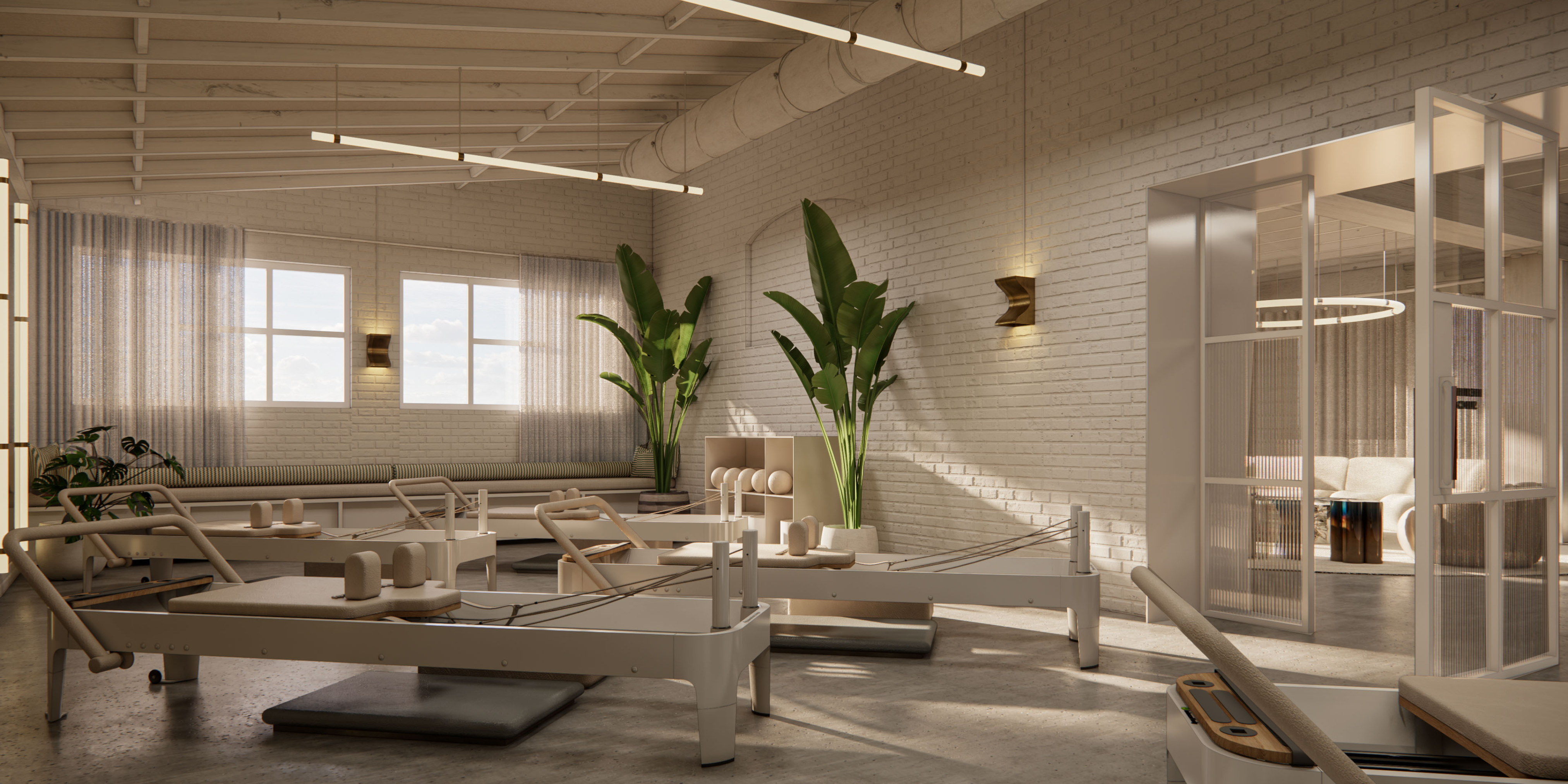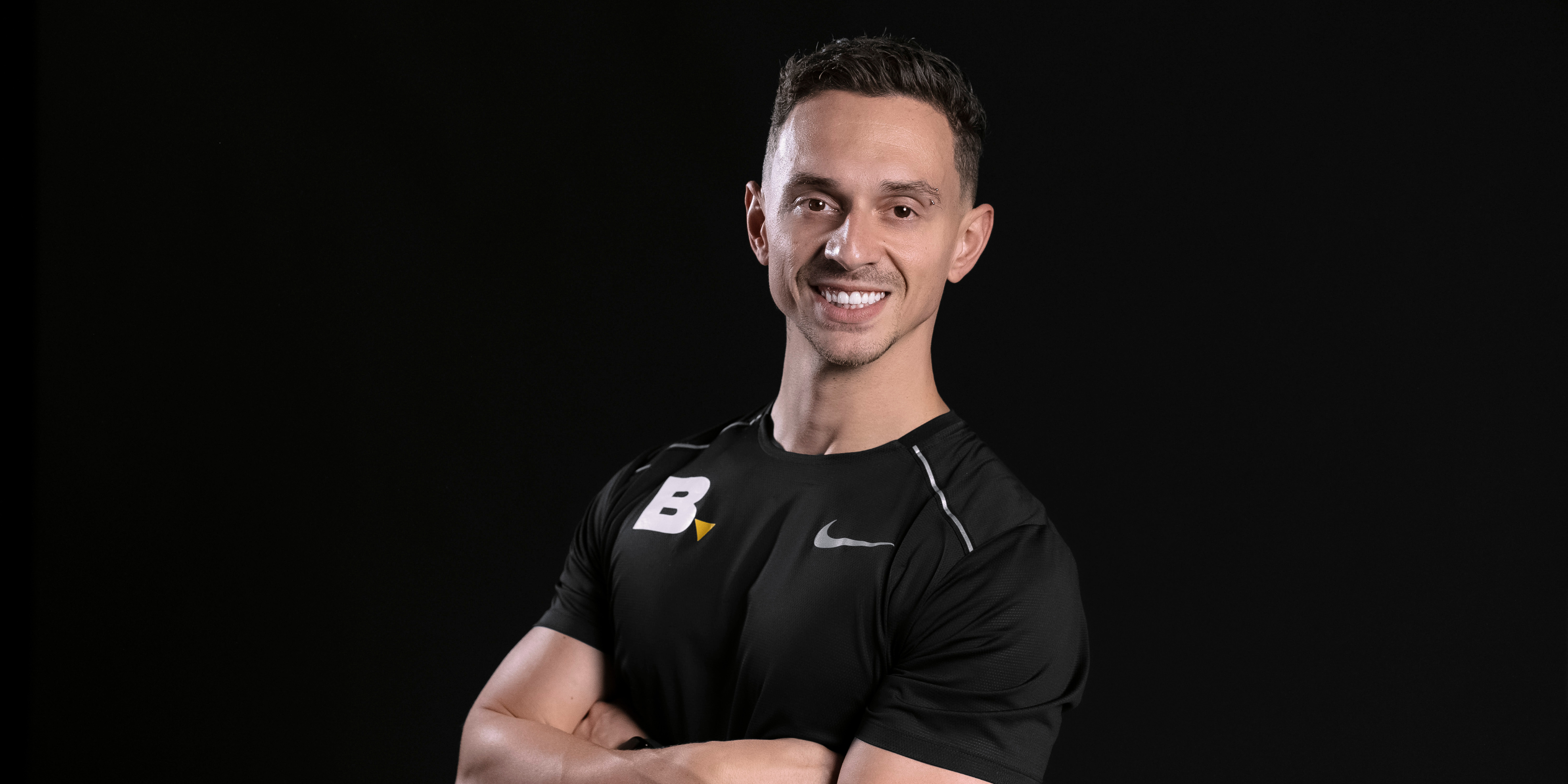Sleep is a hugely underrated contributor to your overall health, including the results you gain from your efforts at the gym.
Quality sleep equals quality results from exercise – and vice versa. That’s because when you sleep is when your body is doing much of the recovery and rebuild triggered by working out.
About a third of Australians aren’t getting the minimum recommended seven hours of sleep a night, according to the 2021 Australia Talks National Survey, which indicates a lot of us could do with a bit of help.
So our Head of Coaching Matt Duncan covers four of the most common sleep spoilers – and how to overcome them.
Sleep spoiler 1: Worry
Something about the dark of night seems to bring on and amplify all of the worries from your day. Mulling over all the tasks you need to get done is one of the most common sleep disruptors, so writing down incomplete tasks can cut the time it takes you to fall asleep by almost 50%, found a study in the Journal of Experimental Psychology – that’s more effective than many sleep meds.
Sleep spoiler 2: Caffeine
Many people think they can drink coffee into the afternoon without it affecting their sleep. Sure, you might be able to drift off after downing a double espresso, but there’s a high chance your sleep will be disrupted due to the time it takes for caffeine to metabolise. Caffeine has a half-life (the time it takes to decrease by half) of 5-6 hours, and a quarter life of 10-12 hours for most people. This means that if you’re drinking a coffee at 4pm and going to bed at 10pm, half of the caffeine is still in your system. Even if you have no trouble falling asleep, your “deep sleep” will probably be less deep – by up to 30% according to the data. To avoid this, aim to have your last cup 10 hours before bed.
Sleep spoiler 3: Temperature out of whack
The recommended room temperature for sound sleep is around 18°C. Being too hot or too cold is a common reason for restless sleep. So gift yourself a room thermometer and hack the temperature of your space by using a fan or thermostat, depending on the season. Also consider whether the thickness and breathability of your bedding is appropriate for the time of year and warmth of your room.
Sleep spoiler 4: Artificial light
Your body clock perceives what time of day it is through the amount of light your eyes take in. Your eyes have “melanopsin cells” that receive light and signal for the release of the hormone melatonin to be slowed. So, from sunset, start reducing the amount of light you take in. If you’re having trouble falling asleep, try a screen curfew of 8pm, to avoid the artificial lights of your TV, phone and laptop. That’s not going to work for you? Try wearing a pair of blue-blocker glasses while viewing screens at night and/or turn on your phone’s blue light filter. Also remember: incomplete darkness in your bedroom can mess with your sleep too – if you can’t get your room pitch black, try sleeping with an eye mask on.
In summary:
- Reduce worry about what you’ve got to do the next day or next month (or next year!) by recording must-dos on paper;
- You don’t need to cut the caffeine, but try to reduce your afternoon intake;
- Control the temperature of your room and bedding;
- Get your eyes used to the fact that it’s nighttime by lowering the lights and reducing screentime;
- And create the darkest possible environment in your bedroom.
Follow the above for some better shut-eye, plus a healthier lifestyle and improved fitness.
Want more advice for better sleep? Read more.
 by
by 




